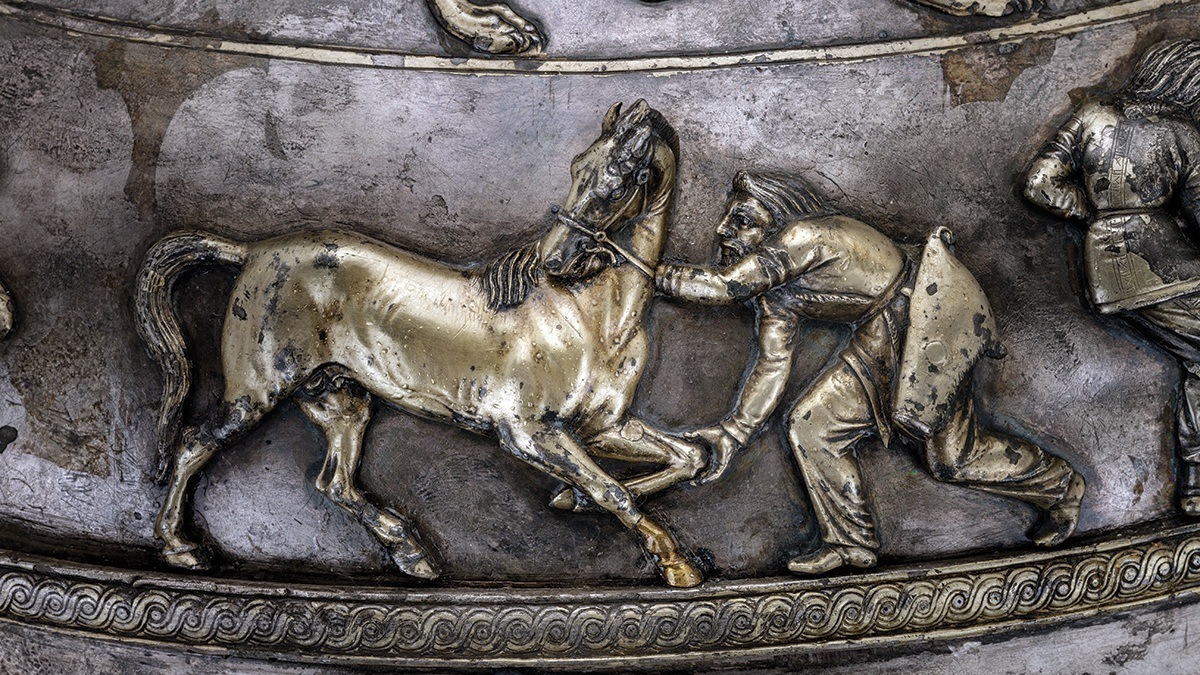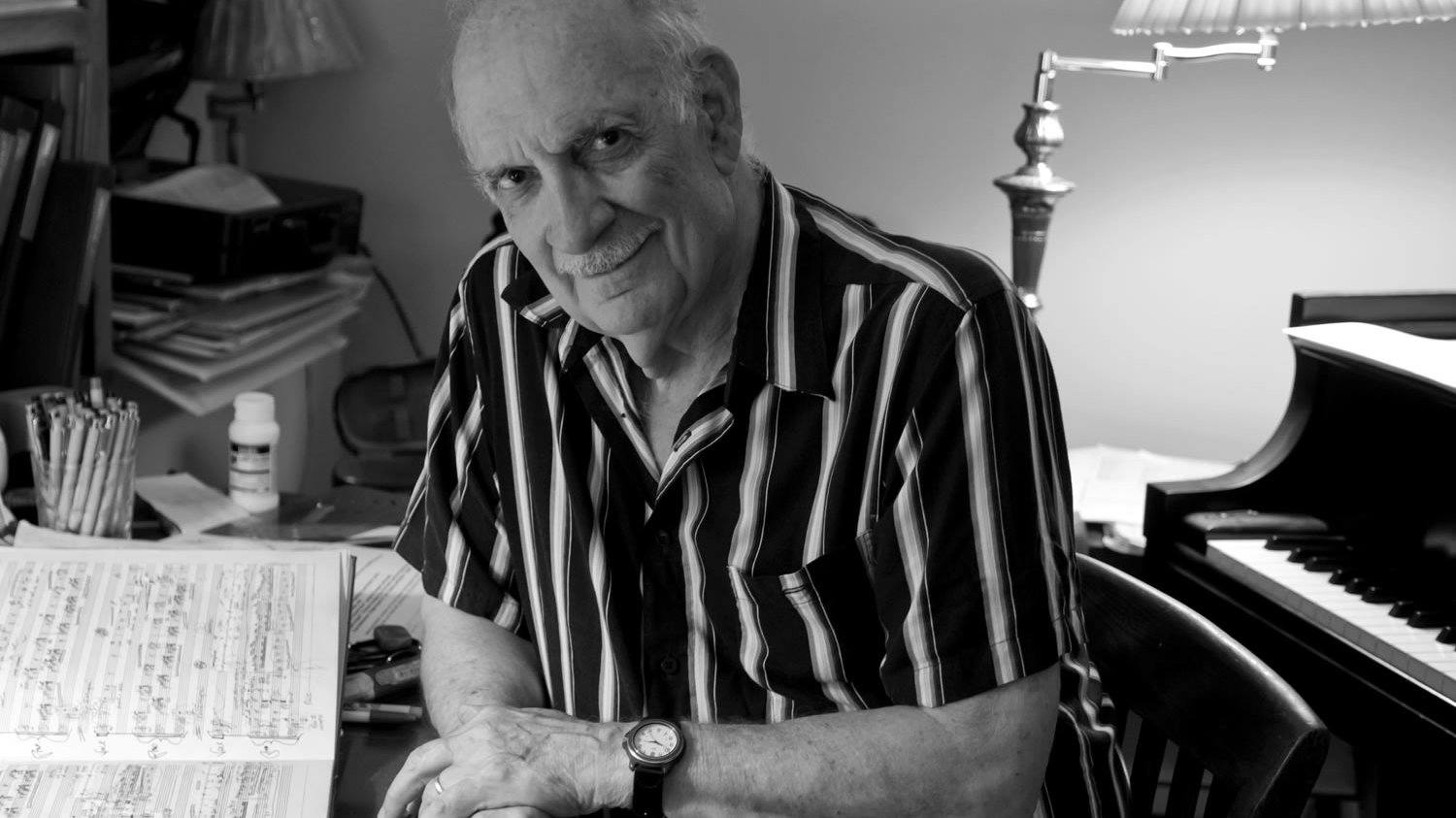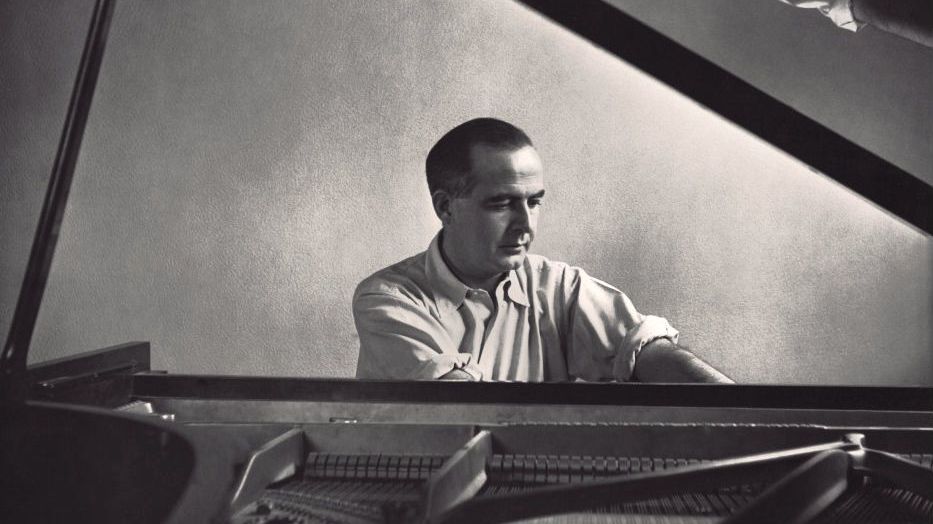Prokofiev’s Scythian Suite: Unused Music for a “Barbaric” Ballet
In 1915, the 23-year-old Sergei Prokofiev set to work on his first ballet score. Commissioned by Sergei Diaghilev for the Ballets Russes, the work, which was given the title Ala and Lolli, moved deep into Slavic mythology. It depicted an epic battle between the forces of light and darkness, represented by the sun god, Veles, and the grotesque monster, Chuzbog. The ballet’s setting centered around the Scythians, a prehistoric nomadic tribe which, beginning around …







